Most Australians know little about Morocco because it’s one of those places that rarely makes the news. Not much goes wrong there. In fact, much is going right. It’s peaceful, politically stable, and surprisingly prosperous. And for a Muslim country, it’s been remarkably protective of its Jewish community, numbering about 250,000 during the second world war, but now much reduced due to emigration to Israel.
Already a subscriber? Log in
Subscribe for just $2 a week
Try a month of The Spectator Australia absolutely free and without commitment. Not only that but – if you choose to continue – you’ll pay just $2 a week for your first year.
- Unlimited access to spectator.com.au and app
- The weekly edition on the Spectator Australia app
- Spectator podcasts and newsletters
- Full access to spectator.co.uk
Or
Unlock this article
You might disagree with half of it, but you’ll enjoy reading all of it. Try your first month for free, then just $2 a week for the remainder of your first year.

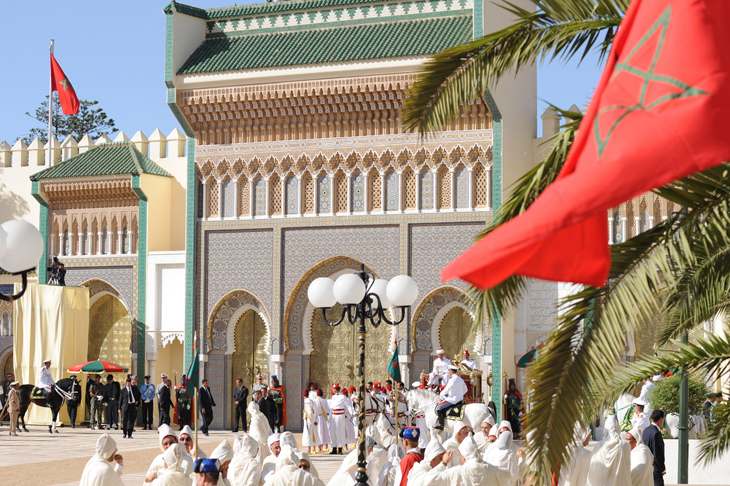
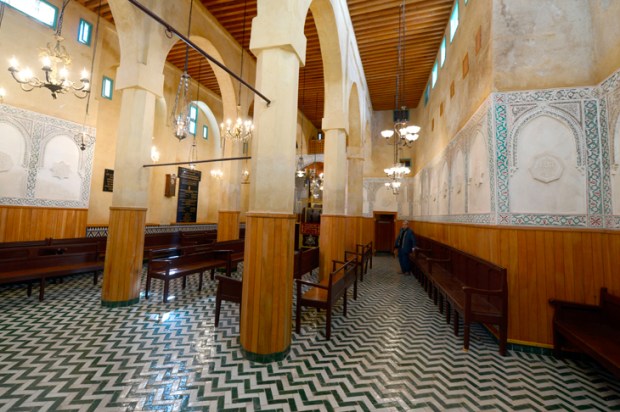
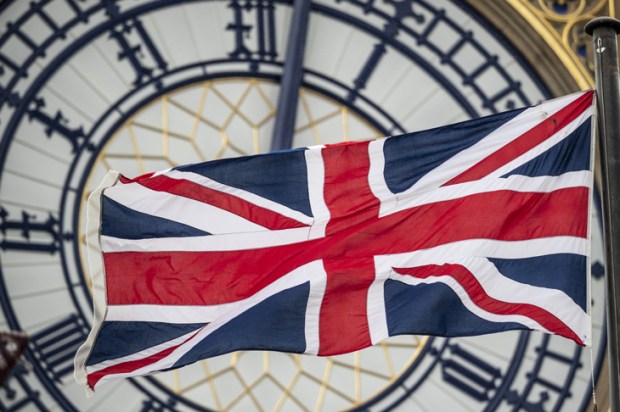
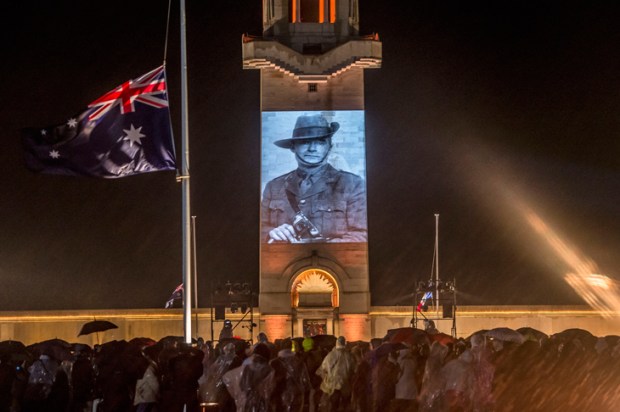

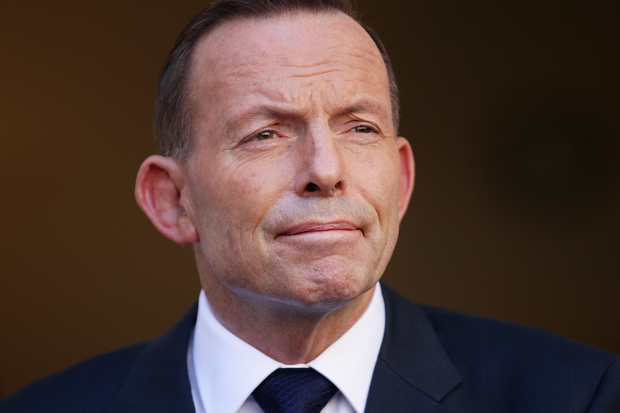







Comments
Don't miss out
Join the conversation with other Spectator Australia readers. Subscribe to leave a comment.
SUBSCRIBEAlready a subscriber? Log in